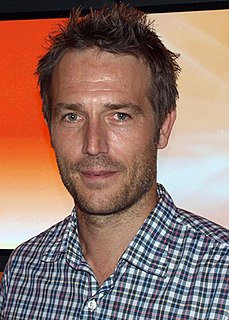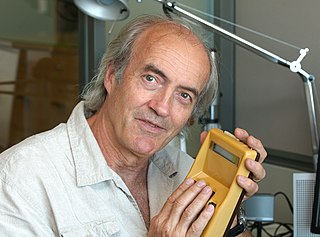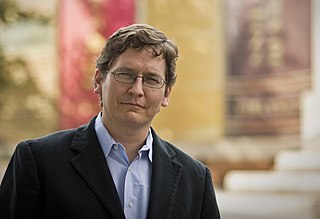A Quote by Matt Blaze
As we build systems that are more and more complex, we make more and more subtle but very high-impact mistakes. As we use computers for more things and as we build more complex systems, this problem of unreliability and insecurity is actually getting worse, with no real sign of abating anytime soon.
Related Quotes
Poetry, even that of the loftiest, and seemingly, that of the wildest odes, [has] a logic of its own as severe as that of science; and more difficult, because more subtle, more complex, and dependent on more and more fugitive causes. In the truly great poets... there is a reason assignable, not only for every word, but for the position of every word.
No more painters, no more scribblers, no more musicians, no more sculptors, no more religions, no more royalists, no more radicals, no more imperialists, no more anarchists, no more socialists, no more communists, no more proletariat, no more democrats, no more republicans, no more bourgeois, no more aristocrats, no more arms, no more police, no more nations, an end at last to all this stupidity, nothing left, nothing at all, nothing, nothing.
When you're younger, you get scripts that you are too young for and now I'm getting scripts, which I think, "I'm too old for this character." They can always shift things around to make it work and make the ages work. But I'm definitely getting more complex and interesting roles and less what you would expect. So I can experiment more and have a bit more freedom when I'm putting things on tape.
A possibility is that we see more and more leverage, and credit-to-GDP ratios rise once more to even higher levels; eventually the banking systems of all advanced economies reach magnitudes of 500 percent, 1000 percent or more of GDP, so that every economy starts to have financial systems that resemble recent cases like Switzerland, Ireland, Iceland, or Cyprus. That might be a very fragile world to live in.


































